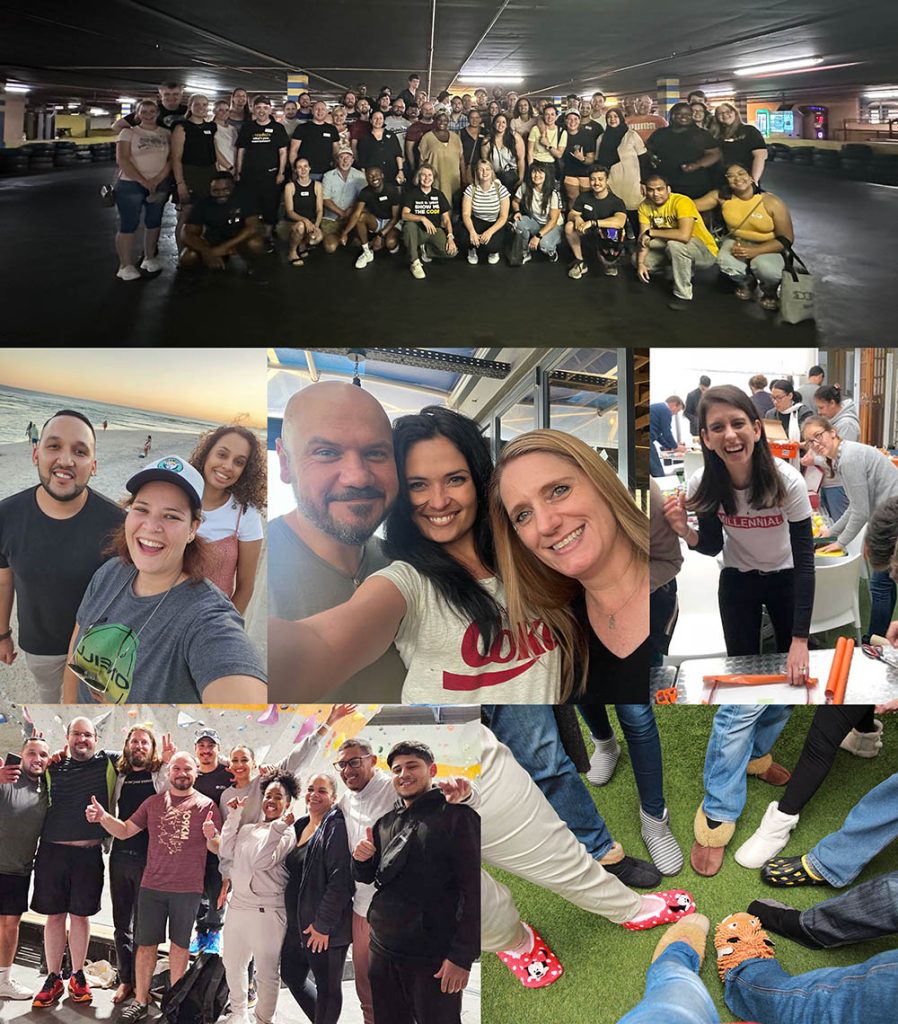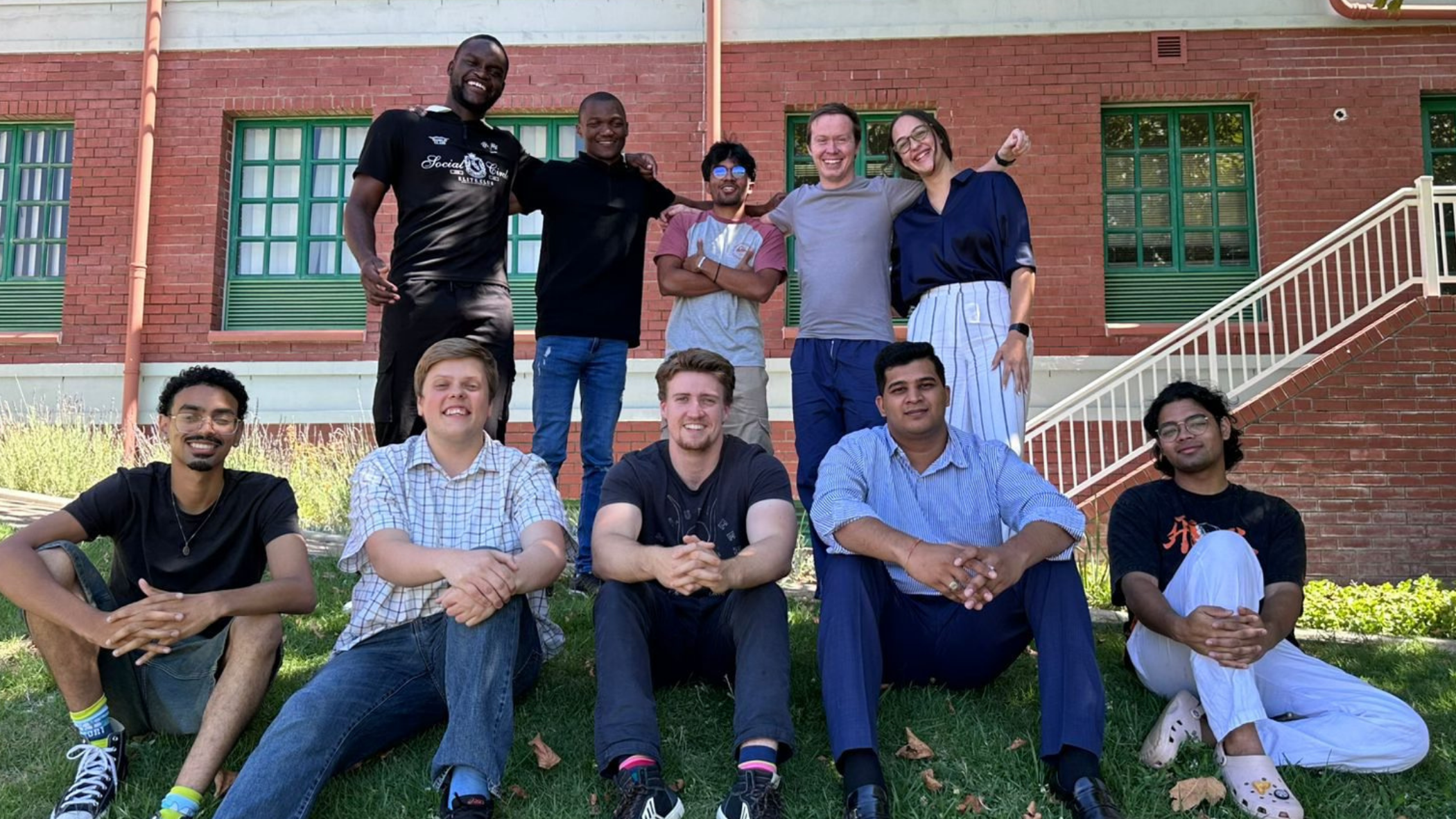Khanyisa Real Systems (KRS) was an early pioneer in software development when desktop computing first became a thing. The late 1980s were an exciting time, and software was all about pushing boundaries and delivering firsts. Cell phones were unheard of, and computer science was a very new degree option.
We wrote software simulations for scientists, graphical reporting for analysts, movie software, sales systems, hardware monitoring, and many more innovative solutions, all using the tiniest footprint computers you can imagine. We’re talking about a time when RAM was measured in Kilobytes, not Gigabytes and screens were green and alphanumeric only!
What keeps a company not just surviving, but actually thriving, for over 35 years in a field as fast changing as software development? There are three things you have to do to thrive in software development.
1. Stay curious
A curious mindset will keep you learning and growing. And by “you” I mean the whole company. You can’t have a heavy management level of people who are no longer excited by tech. Everyone involved in tech must care about the many values around learning, getting things right, and mostly, understanding that what worked yesterday may no longer be appropriate.
KRS has dedicated R&D people who have time to read and explore new fields. We ask our senior leadership to stay hands-on with their teams, although this takes different forms for different leaders. Some of our top management writes software and mentors staff, some apply their experience in business domains to craft great solutions for our clients. All lead from the front, with a key focus on driving continuous learning. And yes, AI is a major topic of debate around the boardroom table.
2. Be selective
There are so many new ideas in technology every day, and not all of them are going to be successful in the long run. I’m sure we all can think of technologies that were the “next big thing” but faded awfully fast once the hype was over. Be curious about everything but selective in the areas where you invest significant time. You cannot be an expert in everything, and picking winners is hard when constant hype is being sold.
KRS has had our share of following trends that under-delivered, and the key factor has been to have a robust process for reflecting on decisions and being willing to change direction. Don’t keep digging the same hole! Be willing to experiment but quick to fail and move on.
3. Invest in your people
Continuous learning is expensive. People need time to learn, and good resources to do so. Foster a culture of mentoring built into the fabric of your organization. Make time for bootcamps, encourage exploratory work just for the sake of learning, and support people in transitioning into new technology so that you keep staff with experience as well as attracting youthful talent.
In fact, attracting and keeping the right people is the BIG DEAL bottom line. We hire for aptitude and attitude – people who are curious, can work well with others, and care about quality. We do not hire for particular skills only, as the coding languages and environments will change, and we need people who can change too. Company culture needs its fair share of focus. Ensure that there is time for fun and celebrate your team wins at every opportunity. There are legendary stories still recounted today about the shenanigans at end-of-year parties. Whether we rock out to the best tunes or go full throttle on a go-kart track, KRS people know how to have a great time.

And that’s how you thrive in software development.
KRS has accumulated a vast amount of experience over 35 years. We can only say that because we have an exceptional record of people staying with us. By valuing experience along with growth, KRS has a unique market offering of deep quality and an enviable track record of delivering successful projects. We have clients that have been with us for over 20 years, so we must be doing something right!
Long-term thinking is very different to short-term thinking. It’s the difference between saying you care, and really caring. It’s working with your clients to overcome obstacles, building long-term relationships and showing that you can be trusted to be a partner who cares.
That’s how you thrive in software development over many decades.


